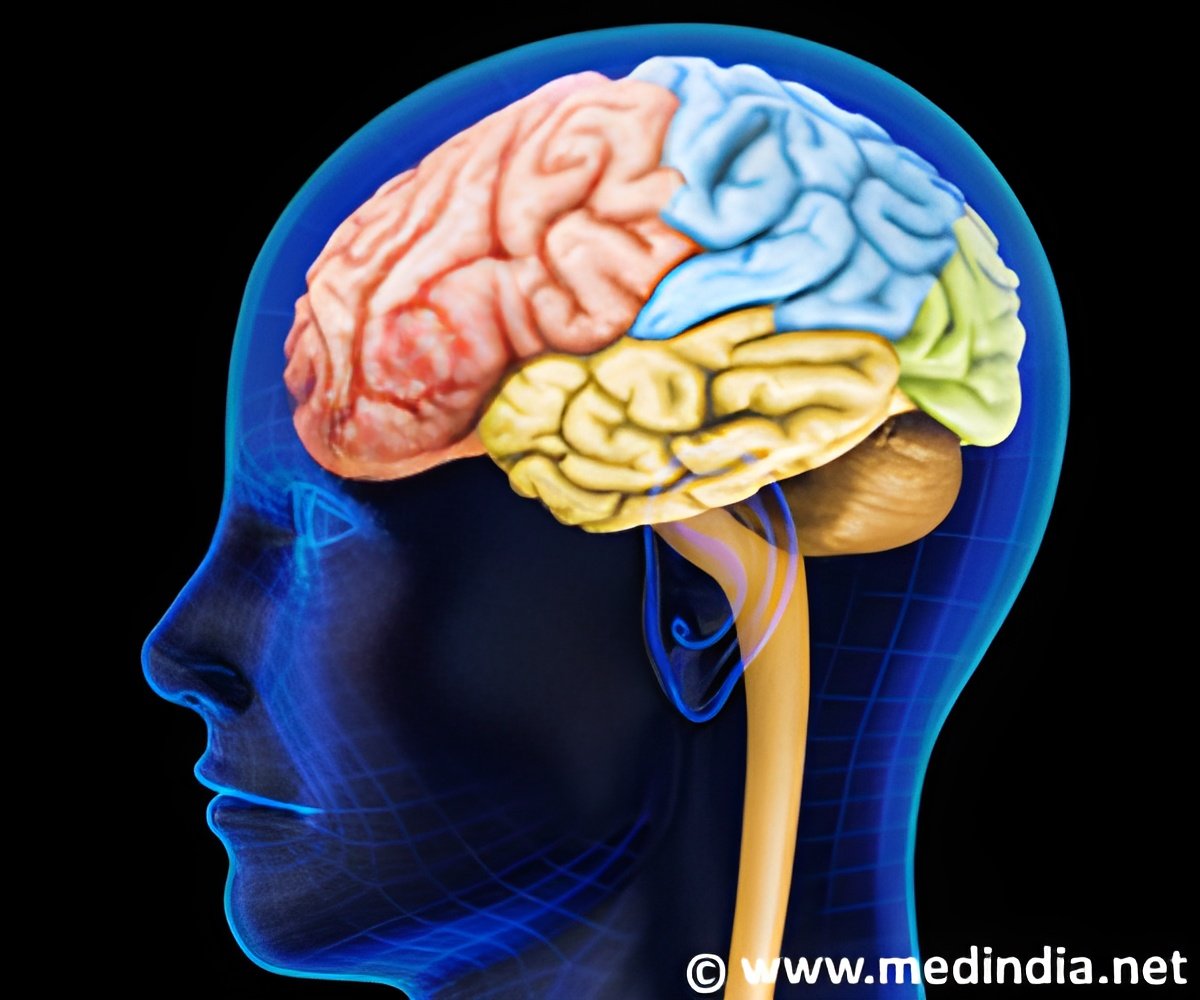
‘The turnover of Microglia is 10 times faster, allowing them to be renewed several times during a lifetime.’
Tweet it Now
Dr. Diego
Gomez-Nicola, of the University of Southampton, who supervised the
study, said, "We previously thought that microglia would renew themselves so
slowly that a whole lifetime would not suffice to renew the whole
population. But now we can talk about up to six renewal cycles in a
lifetime. We now need to reinterpret how they interact and regulate the
function of other brain cells to understand their full potential."The study, led by PhD student, Katharine Askew, assessed the proliferation of microglia, from both mouse and human brain, using staining of sections with specific antibodies alongside live imaging of the cells.
It also found that the number of microglial cells remains relatively unchanged from birth until ageing and is maintained by the spatial and temporal coupling of cell division and cell death.
The research was carried out in collaboration with researchers at the University of Tubingen (Germany), University of Oxford, University of Hamburg (Germany) and Achucarro Basque Center for Neuroscience (Spain).
The Southampton team believe this new research will help the understanding of Microglia's behavior in diseases like Alzheimer's Disease. In Alzheimer's microglia contribute to the person's cognitive decline.
Advertisement
Source-Eurekalert













